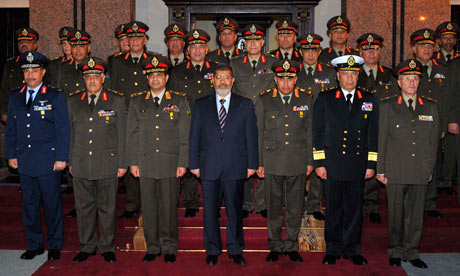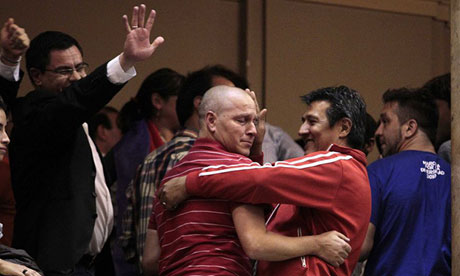By Hannah Stewart
Impunity Watch Reporter, Africa
NOUAKCHOTT, Mauritania — Conflict in Mali has driven nearly 70,000 refugees to Mbera camp in the Mauritanian desert. There the appalling living conditions and inadequate assistance are leading to severe malnutrition and deaths from preventable diseases, reports the international humanitarian organization, Doctors Without Borders/Médecins Sans Frontières (“MSF”).

Since the start of the conflict in Mali in January 2012, hundreds of thousands of people have been internally displaced or have fled to neighboring countries. The United Nations reported that more than 270,000 people have been displaced within Mali, and more than 170,000 refugees have fled to Burkina Faso, Mauritania and Niger.
Mauritania hosts the highest number of refugees, with some 68,000 people registered by the Office of the UN High Commissioner for Refugees (“UNHCR”) in camps in Mauritania. In January conditions in the camp worsened following an influx of 15,000 refugees, an event following the joint military intervention by French and Malian forces in Mali.
The number of consultations in MSF’s clinics in the Mbera camp increased from 1,500 to 2,500 per week. Moreover, the number of children admitted per week for severe malnutrition more than doubled, from 42 to 106, despite the fact very few children were malnourished when they arrived at the camp.
MSF recently published a report entitled “Stranded in the Desert,” which was based on testimony from more than 100 residents of the Mbera camp. The report calls for urgent action by aid organizations to meet the refugees’ basic needs and rectify the deplorable living conditions.
For example, the report notes that in January 2013 there was only one latrine for every 3,000 refugees, and people were receiving just 11 liters of water per day, instead of a required 20 liters. Many people have been living under makeshift shelters made of scraps of cloth and sticks.
The UN considers the allegations to be serious, but questioned some of the report’s findings. The UNHCR stated that some of the facts “seem to be out of date and do not reflect current realities.” For example, the UNHCR clarified that 2,500 latrines exist in the camp, approximately one for every 30 refugees.
The refugee crisis seems unlikely to subside in the near future, given the nature of the conflict in Mali. Henry Gray, emergency coordinator for MSF said, “Most of the refugees are from the Tuareg and Arab communities. They fled preemptively, often for fear of violence due to their presumed links with Islamist or separatist groups. Their home in northern Mali is still in the grip of fear and mistrust.”
For more information, please see:
BBC – Mali Refugees Endure ‘Appalling’ Mauritania Camp – 12 April 2013
CNN – Report: Mali Refugees Endure ‘Appalling’ Conditions at Mauritania Camp– 12 April 2013
Doctors Without Borders/Médecins Sans Frontières – Hunger Strikes Malian Refugees Stranded in Mauritanian Desert – 12 April 2013
Voices of America – Conditions Getting Worse for Mali Refugees – 12 April 2013



